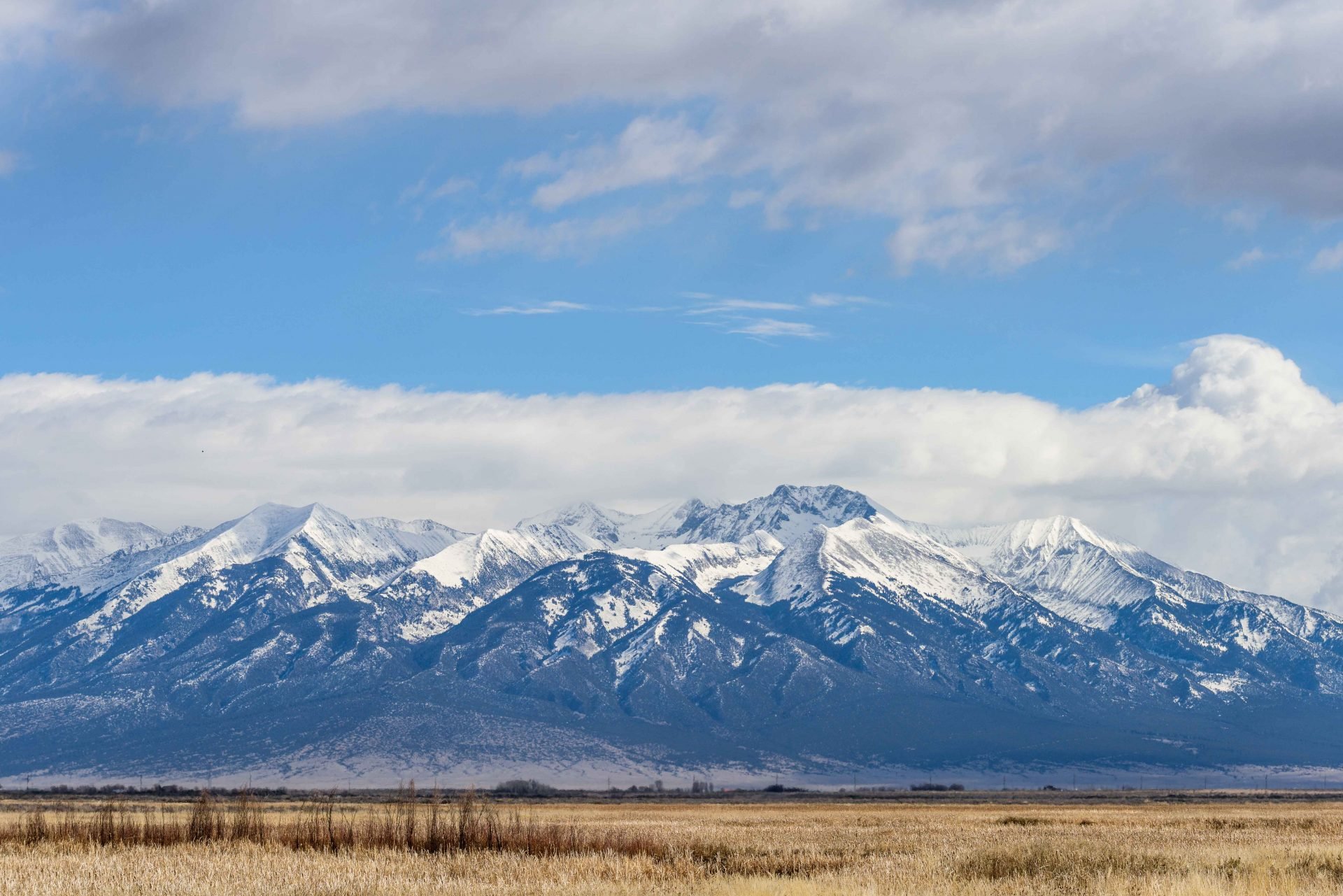By Merlin Klotz, Parker Water & Sanitation District Board President.
It’s time for an honest public explanation of water in rapidly growing Douglas County.
The platform of every Commissioner race since I can remember included a focus on water. In fact, the County Commissioners recently announced the formation of a Douglas County Water Commission to encourage consolidations, renewal/reuse solutions, and address rural water issues. These are noble goals. My fear, however, is that the commission’s real goal is more politically driven and will ultimately hurt the citizens of this county.
As background, around 70% of Douglas County residents are served by three large water providers: Centennial Water & Sanitation District, Castle Rock Water or Parker Water & Sanitation District, with the remainder being served by more than twenty smaller districts or private wells. Many of them are currently dependent on depleting deep aquifers. Finding alternative, renewable water solutions is a real issue and one that needs to be addressed.
The good news is that, despite what some outside groups have recently implied, our water providers have been planning for this issue for many years and have identified solutions that will work for their individual needs. The three major providers have the water rights and plans they need; they don’t need water from additional sources.
One of those plans, the Platte Valley Water Partnership, was formed in 2021 by Parker Water and the Lower South Platte Water Conservancy District. This long-term solution, which is already in the planning stage with water to begin flowing by 2040, will benefit both agricultural and municipal communities in the South Platte River Basin by capturing and storing river water that currently leaves Colorado in higher amounts than the state is required to send downstream to other entities.
It has the support of state legislators, local officials, the environmental community and the farming community because it protects farmland from buy-and-dry depletion, creates new wildlife habitats and does not require purchasing any additional water rights.
Contrast that to a plan that is being promoted by a group of private investors known as Renewable Water Resources (RWR). Their efforts have recently been covered extensively due to their false claims about the lack of long-term water planning in Douglas County. Their plan relies entirely on finding a willing buyer to spend more than $400 million to purchase groundwater rights in the San Luis Valley—rights that can never be useful to Douglas County because the political, legal, logistical, environmental and ethical issues make the project close to impossible to complete. Just last year, RWR failed to get the County Commissioners to spend $50 million in COVID funds to buy into the plan after the county’s own lawyers pointed out the near impossibility of the project ever being completed or benefitting the residents of Douglas County. Now RWR has turned to its members applying to serve on the new Douglas County Water Commission and funding friendly candidates to serve on local water boards, as they did during the recent Paker Water elections this past May. If they are successful in taking over the majority of a water board or the commission, I can only assume they will then force one or more utilities into purchasing those $400 million in unusable water rights while leaving the utility’s customers with a huge bill and no viable long-term water plan. I encourage all my fellow Douglas County residents to be aware of this issue, to vote with your conscience and to tell RWR that Douglas County’s water future isn’t for sale.


